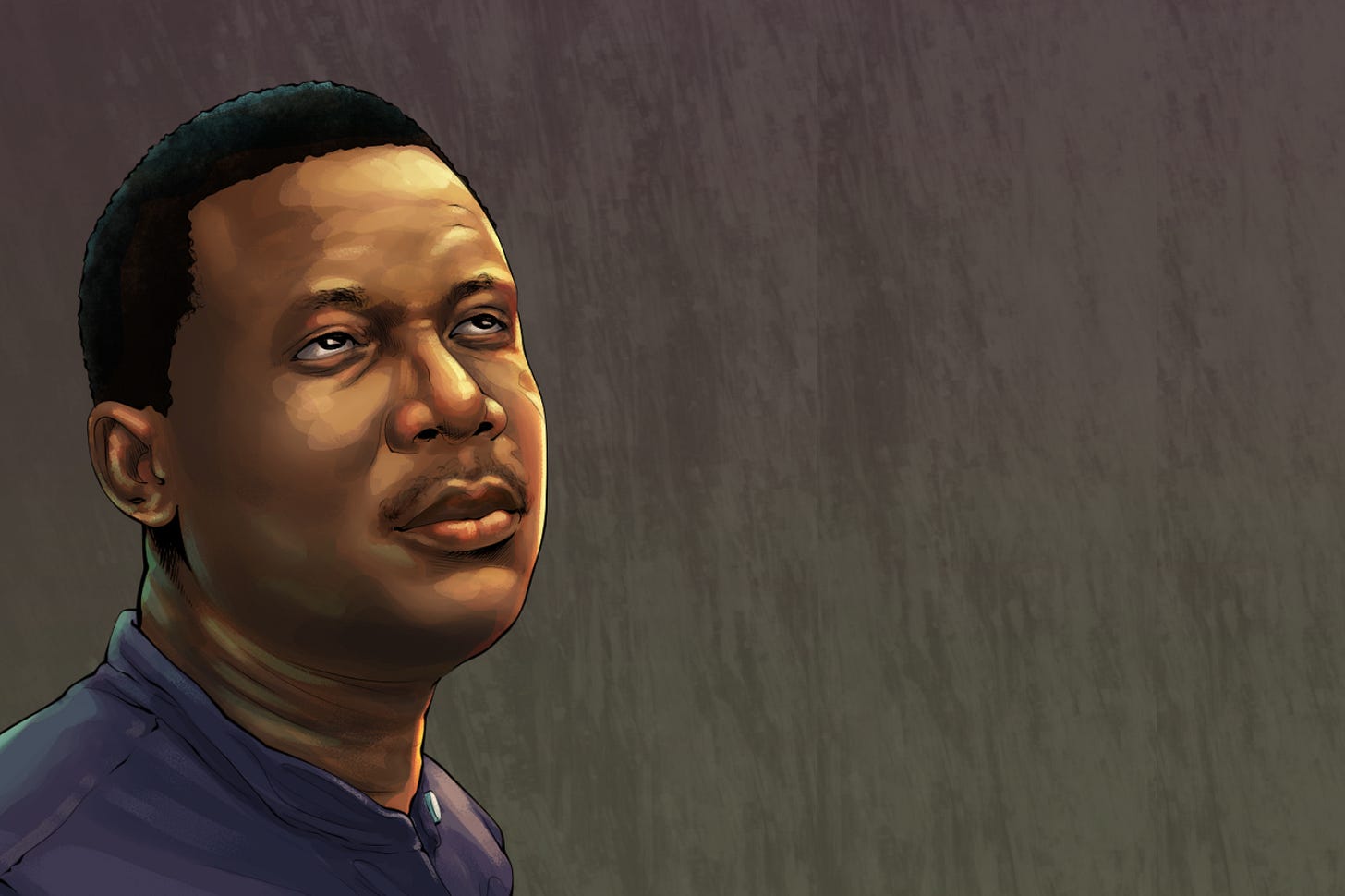Kọ́lá Túbọ̀sún on what it means to be Yoruba
There are few people in the world who have done more to preserve and promote the Yoruba language than Kola Túbọ̀sún. So when I started to think about interviewing Yoruba intellectuals on what it means to be Yoruba today, his name was top on my list.
I first interviewed Túbọ̀sún in 2015, when he was fun…




